AAOS Now, March-April 2024
-
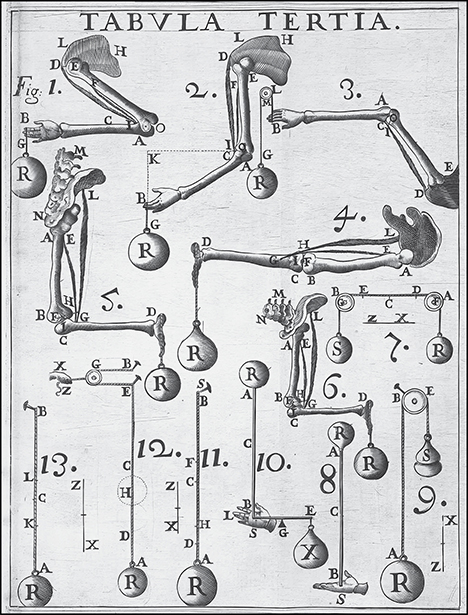
The History of Biomechanics and Modern Applications in Orthopaedics
-
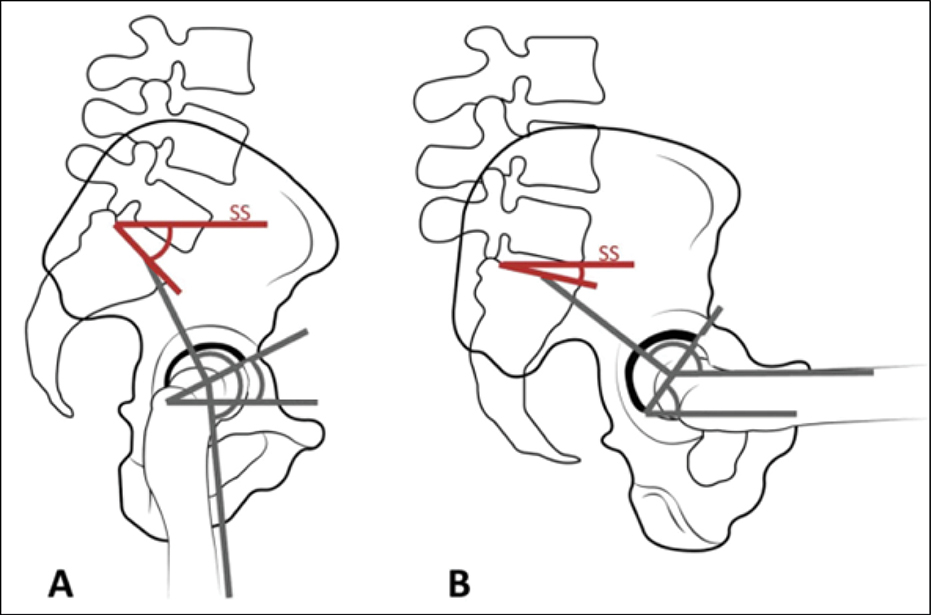
The Biomechanics of Hip and Spine
-
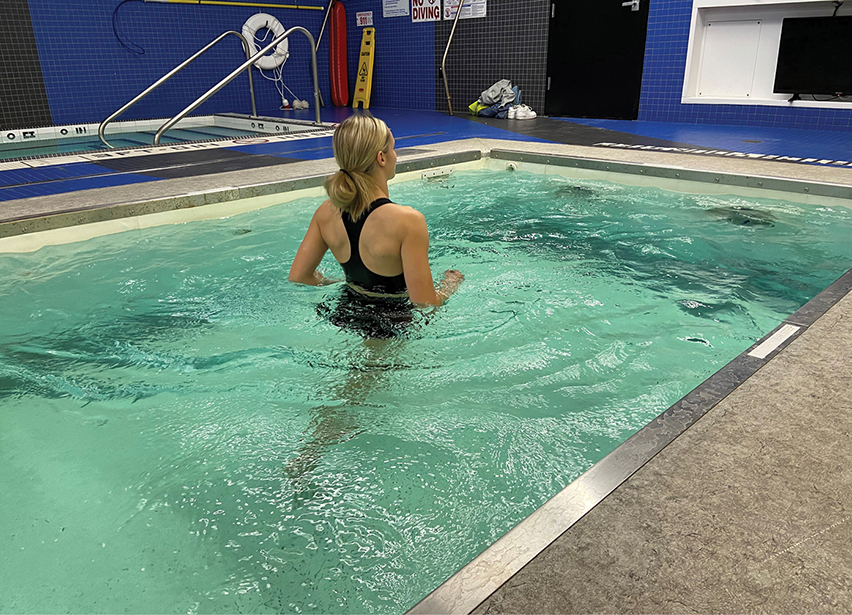
The Biomechanics of Sports Performance Enhancement
-
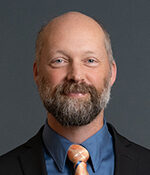
Quantitative Gait Analysis for Clinical Practice
-
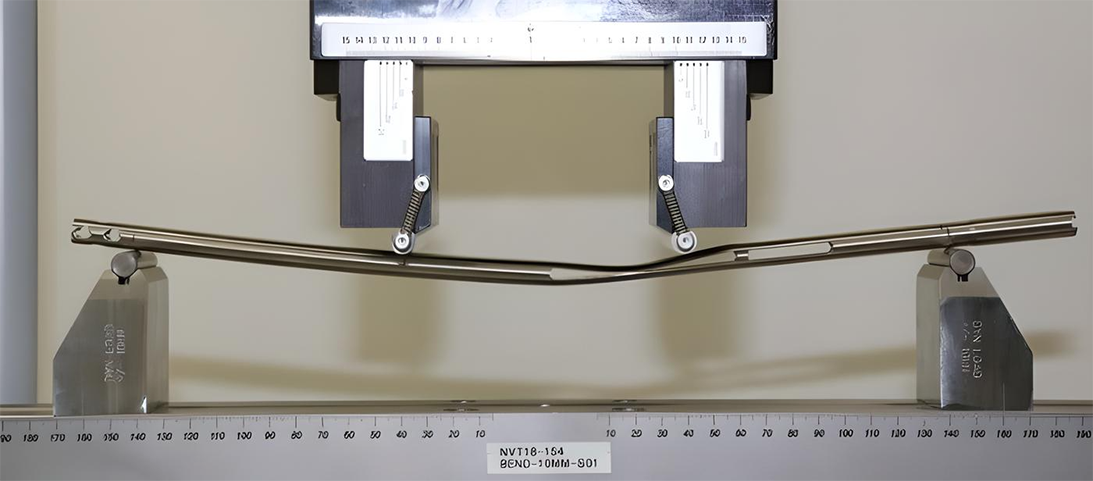
The Biomechanics of Metallic Implant Development and Testing
-
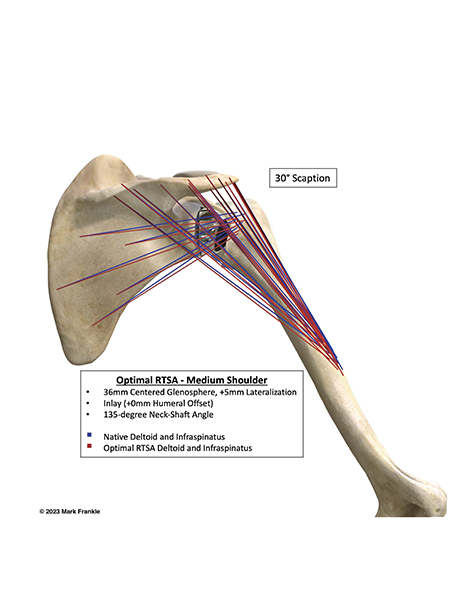
The Biomechanics of Reverse Total Shoulder Prosthesis
-
Rethink Total Knee Arthroplasty (TKA) Pain Management
-
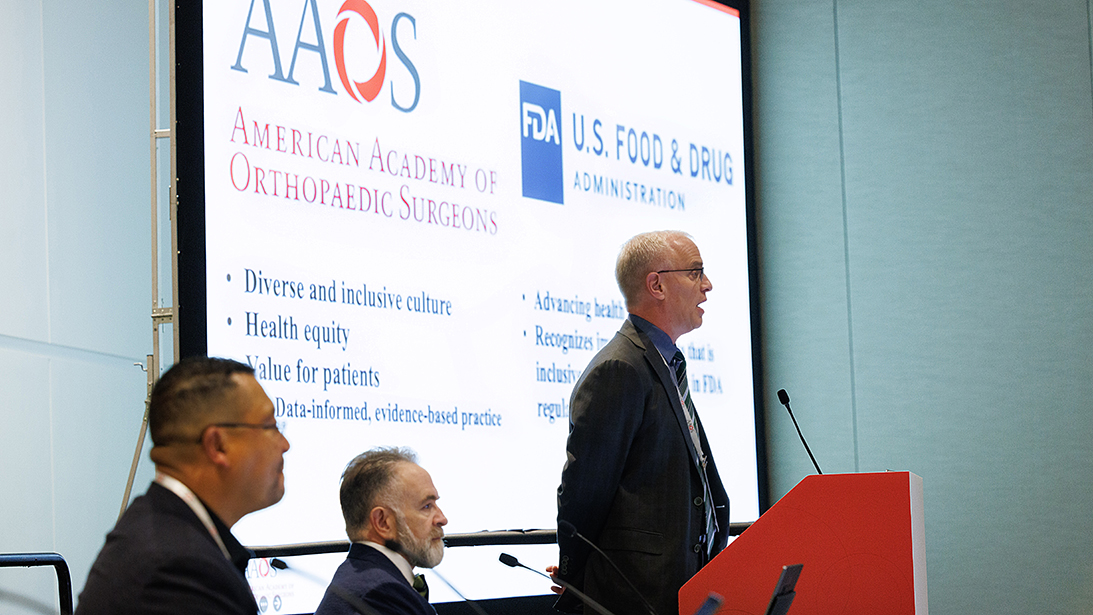
AAOS and FDA Prioritize Collaboration to Promote Medical Device Safety and Innovation
-
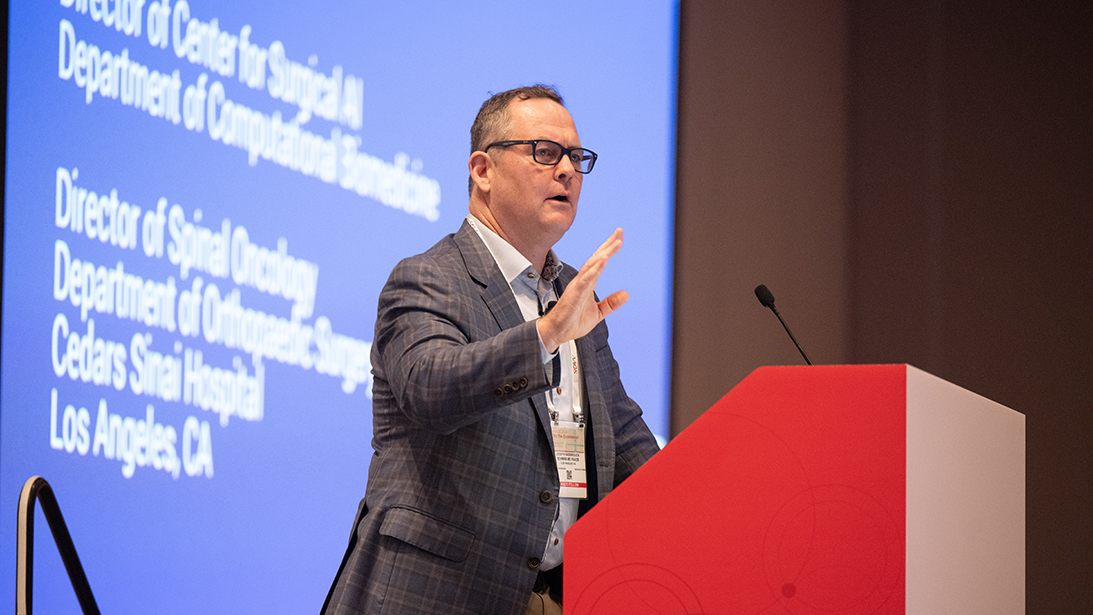
Generative AI Could Transform Healthcare
-
Distractions in the OR Can Impact Surgical Workflow and Outcomes
-
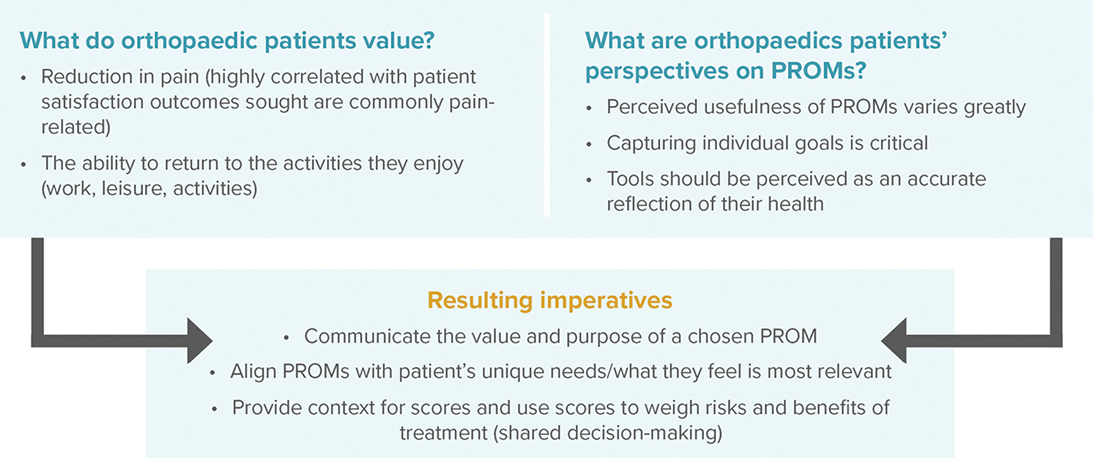
How Do Patient-Reported Outcome Measures Help Patients and Orthopaedic Surgeons Achieve Their Goals?
-

The ‘Weekend Effect’: Are There Worse Outcomes for THAs Performed on Saturdays and Sundays?
-
Physician-Led Orthopaedic Hospitals Score Higher on Quality Rankings
-
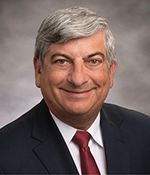
Scott Boden, MD, Offers Insights on Applied Biomechanical Research for Orthopaedic Surgery Residents